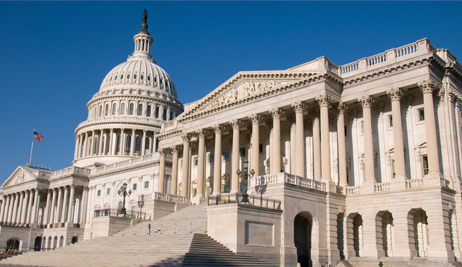The U.S. Supreme Court ruled employers can force workers to use individual arbitration instead of class action lawsuits to press legal claims, potentially limiting the rights of tens of millions of employees.
In 5-4 vote May 21, Supreme Court justices said for the first time a 1925 federal law lets employers enforce arbitration agreements signed by workers. The majority vote rejects contentions that a separate law guarantees workers the right to join forces in pressing claims.
The ruling builds on previous Supreme Court decisions that let companies channel disputes with consumers and other businesses into arbitration. The most recent decision applies to wage-and-hour claims.
Arbitration supporters say forum is cheaper and more efficient than traditional litigation. Critics say companies are trying to strip individuals of important rights, including the ability to band together on claims that as a practical matter are too small to press individually.
About 25 million employees have signed arbitration accords that bar group claims, a lawyer for the workers in the case told the court. The workers said the National Labor Relations Act guarantees them the right to press claims as a group either in arbitration or in court, and a 1925 law protects "concerted activities" by workers without explicitly mentioning lawsuits.
However, the Supreme Court majority said the language wasn't specific enough to overcome a separate law, the 1925 Federal Arbitration Act, which says arbitration agreements must be enforced like any other contract.





